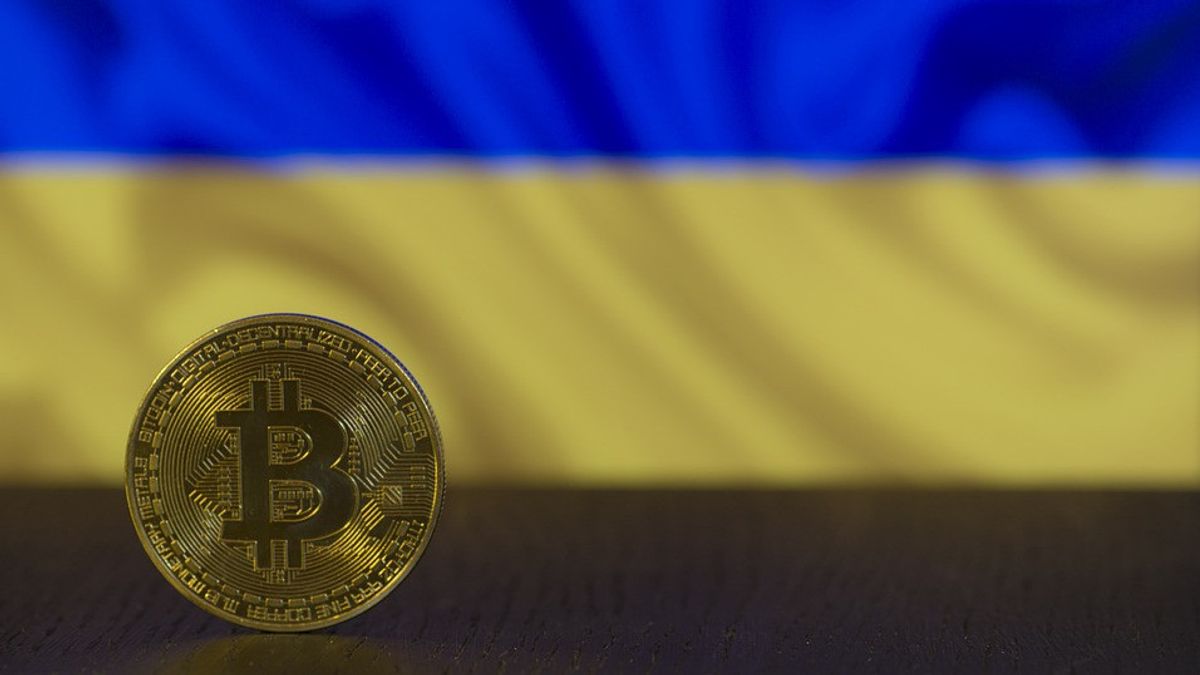JAKARTA – Cryptocurrency activists are on the defensive again amid warnings from US and European lawmakers that digital asset companies are deemed not to be fulfilling their duties to comply with Western sanctions imposed on Russia following the country's invasion of Ukraine, in late February.
This criticism has left the cryptocurrency industry scrambling to regain control of the narrative, with many executives frustrated that the prevailing compliance regimes on leading exchanges, such as Coinbase and Binance, are now being called into question.
At the same time, the increased scrutiny could be a key moment for the sector to prove that finance is not the “Wild West” as regulators describe it.
"This is an opportunity for the (crypto) industry to show that it is mature and knows how to manage risk properly," said Matt Homer, an executive at venture capital firm Nyca Partners.
The cryptocurrency community has been largely caught in the act of disobeying sanctions against Russia, as the United States and its allies move to impose sweeping sanctions on Russian banks, elites and other home-state companies.
Unlike other payments companies, the crypto exchange has rejected requests to cut off all Russian users, saying the decision goes against the libertarian values of the industry. This stance has sparked concern among European officials and US lawmakers that digital assets could be used to evade sanctions.
US Senator Elizabeth Warren alleged that many exchanges and crypto wallets have weak compliance controls and do not collect data about customer identities.
But executives at exchanges including Kraken, FTX, Coinbase, and Gemini, as well as industry trading groups, say that's not the case.
"This rhetoric is inaccurate," said Elena Hughes, head of compliance at Gemini. He added that the company screens clients like any other financial firm. "We've dedicated a lot of resources to making sure we have the proper controls in place (and) that we're doing everything right," Hughes said.
On Monday, March 7, Coinbase put out a lengthy blog detailing its controls over crypto trading. They noted that they had blocked more than 25.000 addresses linked to Russian individuals or entities believed to be involved in illegal activities.
VOIR éGALEMENT:
FTX US, a Chicago-based cryptocurrency exchange, said it operates several regulated licenses and continues to "implement and strictly comply with" all sanctions.
“For the most part, most of these companies already have very robust systems in place, and it is very easy for them to comply with sanctions, just like any other financial institution,” said Kristin Smith, executive director of the Blockchain Association.
From the start, the cryptocurrency community touted digital assets as a vehicle for anonymous transactions, and the numerous federal enforcement actions for fraud, money laundering, and unregistered coin offerings only reinforce the perception that crypto companies are likely to break the law.
But as all cryptocurrency prices surged past $3 trillion last year and more Americans are investing in this asset class, the industry has tried to shake off its bad image by improving its overall compliance credentials.
While lawmakers are concerned about evading crypto sanctions, U.S. President Joe Biden's administration officials said they don't believe digital assets can be used to circumvent all restrictions.
The US Treasury has reached out to several crypto exchanges and trade groups to explain its expectations for sanctions compliance and to establish a line of communication with questions.
The source, speaking on the condition of anonymity, said officials were impressed by the majority of the company's compliance controls.
“For many exchanges, the risk of not complying with existing rules is “existential,” said Charles Delingpole, chief executive officer at ComplyAdvantage, an anti-money laundering technology firm that works with several leading crypto companies, including Binance and Gemini.
"Not only in terms of being fined (and) removing dollar clearing access," he said. "If you launder money, which is the flip side of this, there's a huge backlash from the public against companies that appear to be facilitating the flow of illegal money."
The English, Chinese, Japanese, Arabic, and French versions are automatically generated by the AI. So there may still be inaccuracies in translating, please always see Indonesian as our main language. (system supported by DigitalSiber.id)










